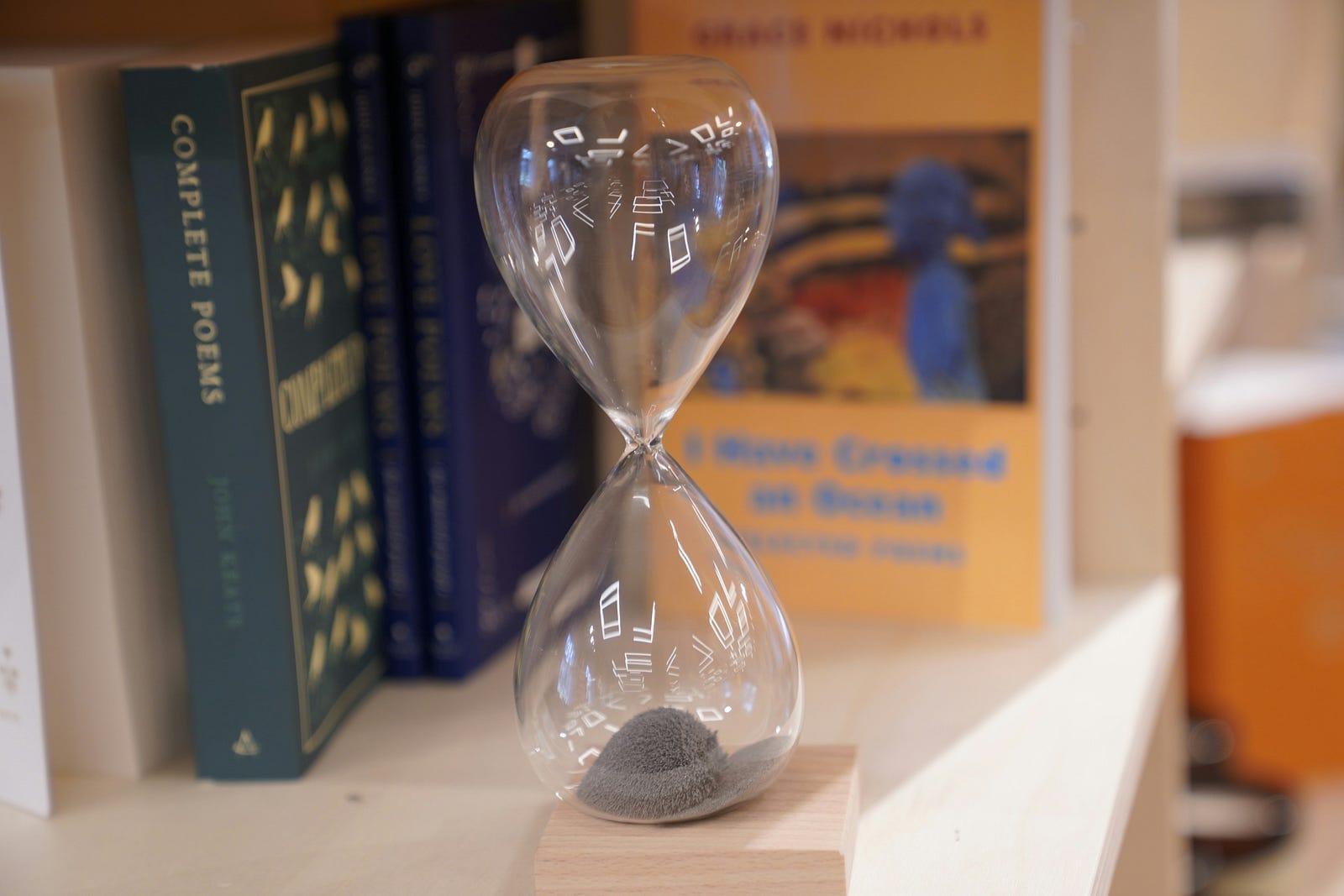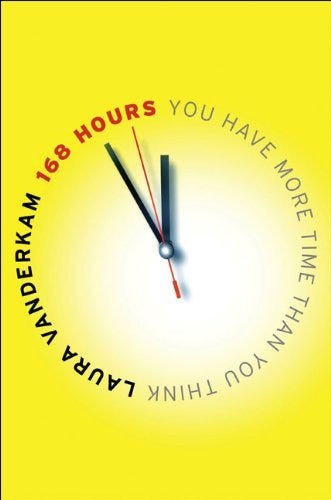I Learned to Master Time Management From These Books
We all have the same 24 hours. But you can optimize how you spend them for maximum gains.

We all have the same 24 hours. But you can optimize how you spend them for maximum gains.
We’ve all been there, haven’t we? The endless to-do list. The creeping sense of overwhelm. The feeling that if only we had more time, we’d finally get it all done.
I used to think the same. Back in my early days of building a business, I lived on caffeine and chaos. I’d wake up each morning already feeling behind. My calendar was a battlefield. And no matter how many hours I worked, the finish line kept moving. Sound familiar?
Then came the wake-up call. One night, while hunched over my laptop at 2 a.m., I realized something: It wasn’t that I didn’t have enough time. It was that I wasn’t using it right.
That realization sent me on a journey — a search for better tools, strategies, and mindsets to master time management. Along the way, I discovered books that helped me rethink how I approached my day, my priorities, and even my life.
We all have the same 24 hours. Oprah, Elon Musk, your favorite artist, and you. The difference isn’t the amount of time — it’s how we optimize it for what matters most.
These books are about designing your days to work for you. They’re about reclaiming your time and using it to create a life that feels purposeful, not pressured.
If you’ve ever felt like you’re racing against the clock, like there’s never enough time for what truly matters, this article is for you. Let’s dive into the books that taught me to master my time — and, by extension, my life.
168 Hours by Laura Vanderkam

Let me guess — you’re overwhelmed. Your day starts with a plan: hit the gym, work eight hours, learn a new skill, read a book, and maybe build your personal brand. But by the time you fall into bed, something’s always left undone. Maybe it’s sleep, or time with family, or that passion project you swore you’d tackle.
It’s frustrating, isn’t it?
We’ve all been sold the same lie: if you hustle harder, if you just squeeze more into those 24 hours, you’ll finally have it all. But burnout isn’t a badge of honor. And being busy doesn’t mean being productive.
Laura Vanderkam’s 168 Hours helped me rewrite my relationship with time. She flips the script: instead of asking, “How can I cram everything into today?” she asks, “What would happen if you looked at your time over a week — 168 hours — and focused only on what truly matters?”
Her premise is simple but life-changing: you have more time than you think.
The problem isn’t that we’re lazy or unmotivated. It’s that we fill our days with tasks that don’t align with what Vanderkam calls our core competencies — the things that bring us the most value and joy. For me, it’s writing, walking, and exploring new ideas. For you, it might be building a business, connecting with loved ones, or creating something beautiful.
But how do you find those precious hours?
- Track your time. I started logging how I spent every hour of the day. Spoiler: Netflix and endless scrolling were stealing more time than I realized.
- Delegate or outsource. I let go of tasks that didn’t need my unique skills — like housework or admin — to focus on what only I could do.
- Think in weeks, not days. Viewing time in 168-hour chunks gave me room to flex and adjust, making space for the things that mattered most without sacrificing my sanity.
You don’t need to sacrifice sleep, joy, or connection to achieve your goals. You just need a strategy.
168 Hours is about designing a life that feels full, purposeful, and aligned with your values. If you’ve ever said, “I don’t have time,” this book is for you. Because the reality? You have all the time you need — you just have to learn how to use it wisely.
My favorite quotes from 168 Hours by Laura Vanderkam
“This is what happens when you treat your 168 hours as a blank slate. This is what happens when you fill them up only with things that deserve to be there. You build a life where you really can have it all.”
“Though you will save many hours by seizing control of your calendar, and clearing away non-core-competency activities, in the long run, the best way to create more time is to actually get better at your professional craft.”
“you can choose how to spend your 168 hours, and you have more time than you think.”
“when it comes to daily life, the time-crunch narrative doesn’t tell the whole story. The problem is not that we’re all overworked or underrested, it’s that most of us have absolutely no idea how we spend our 168 hours.”
